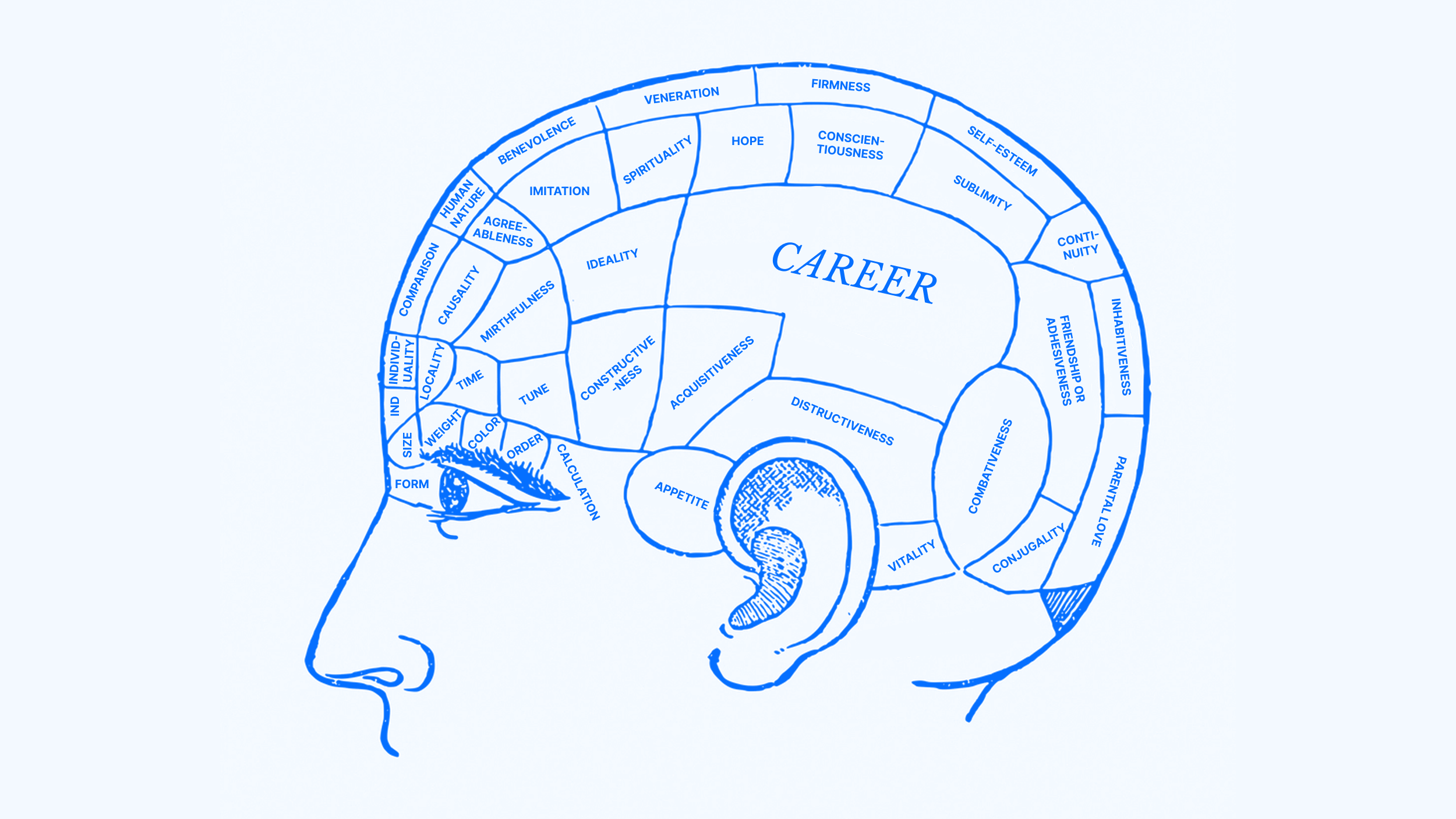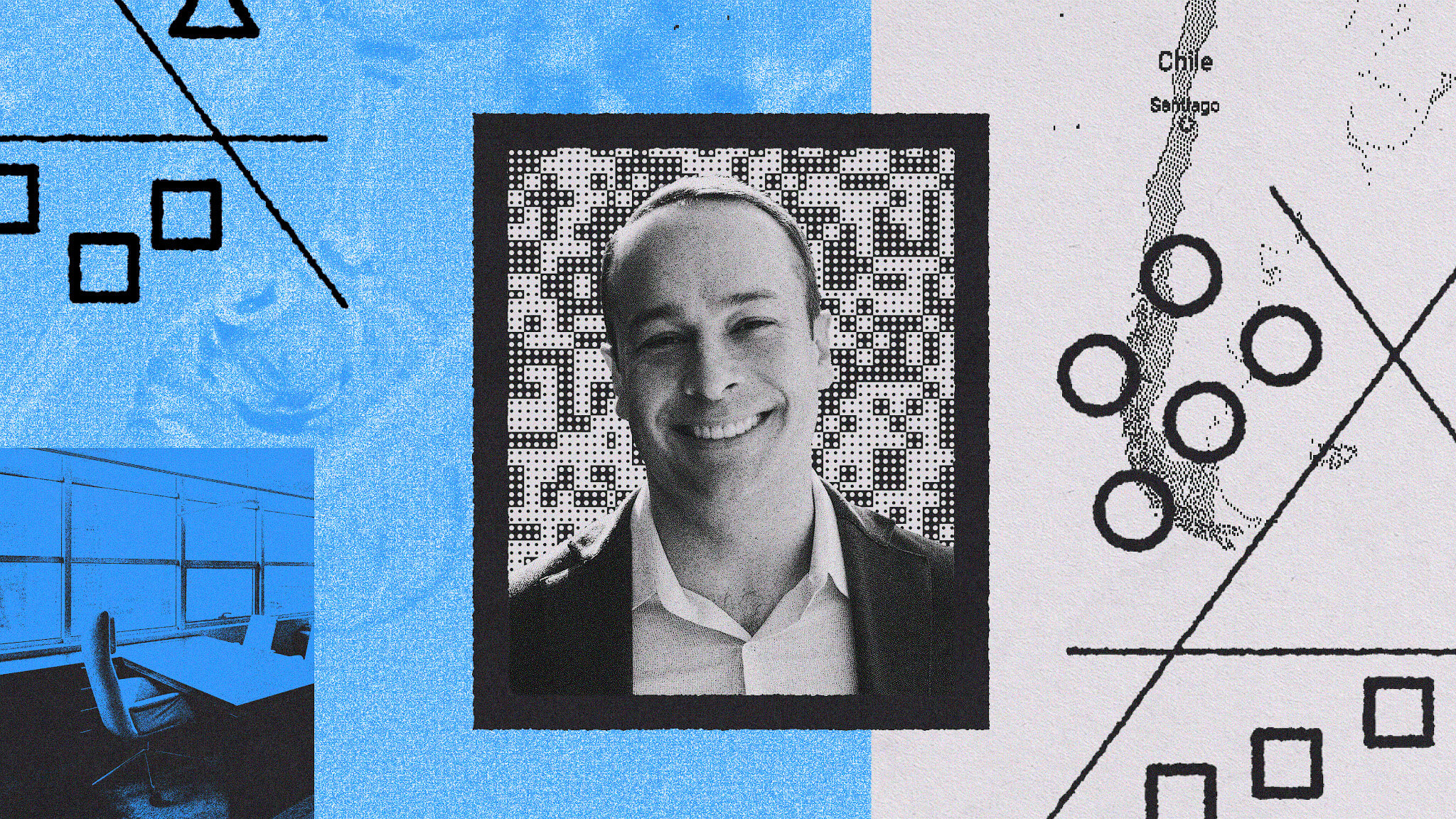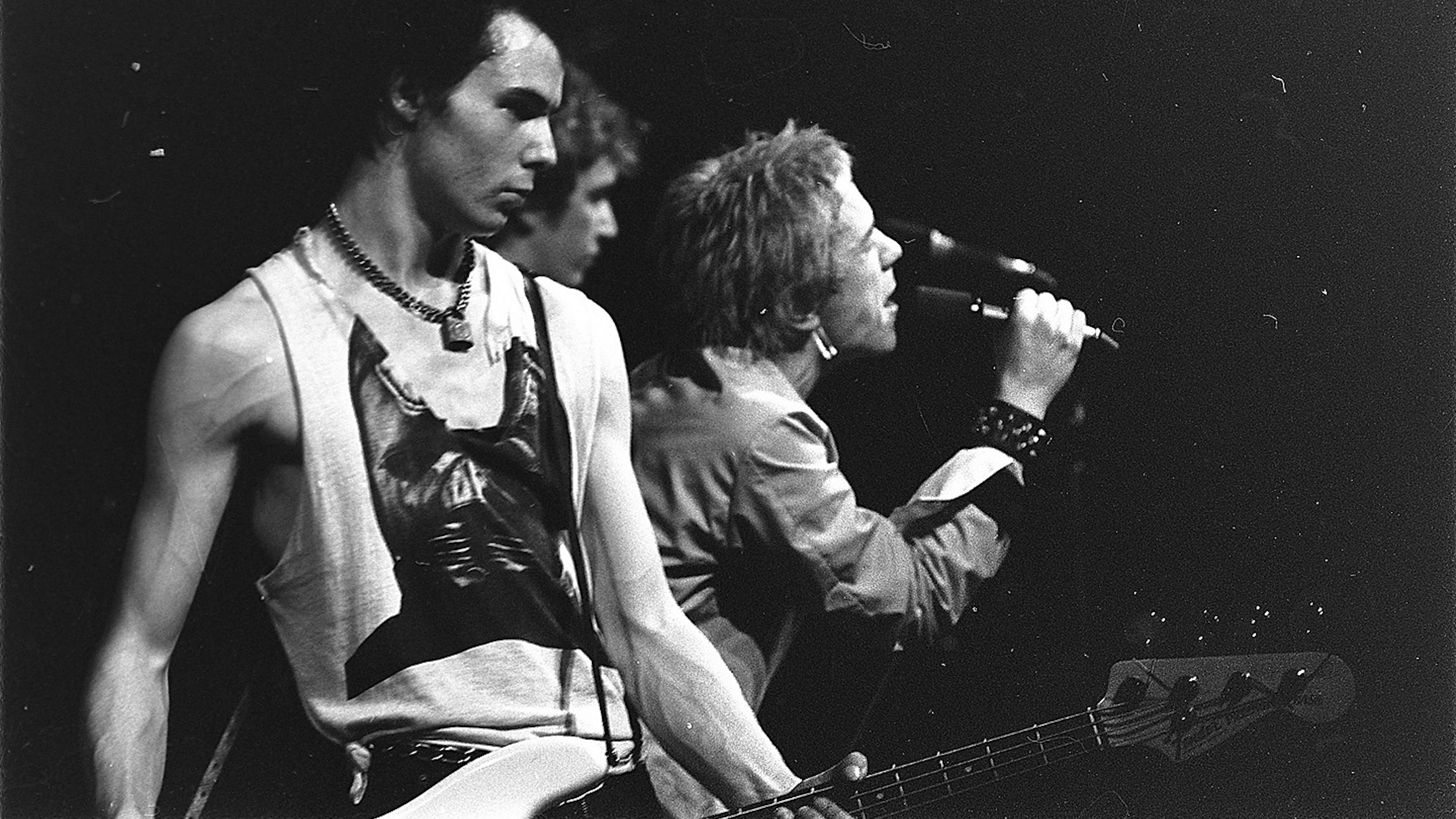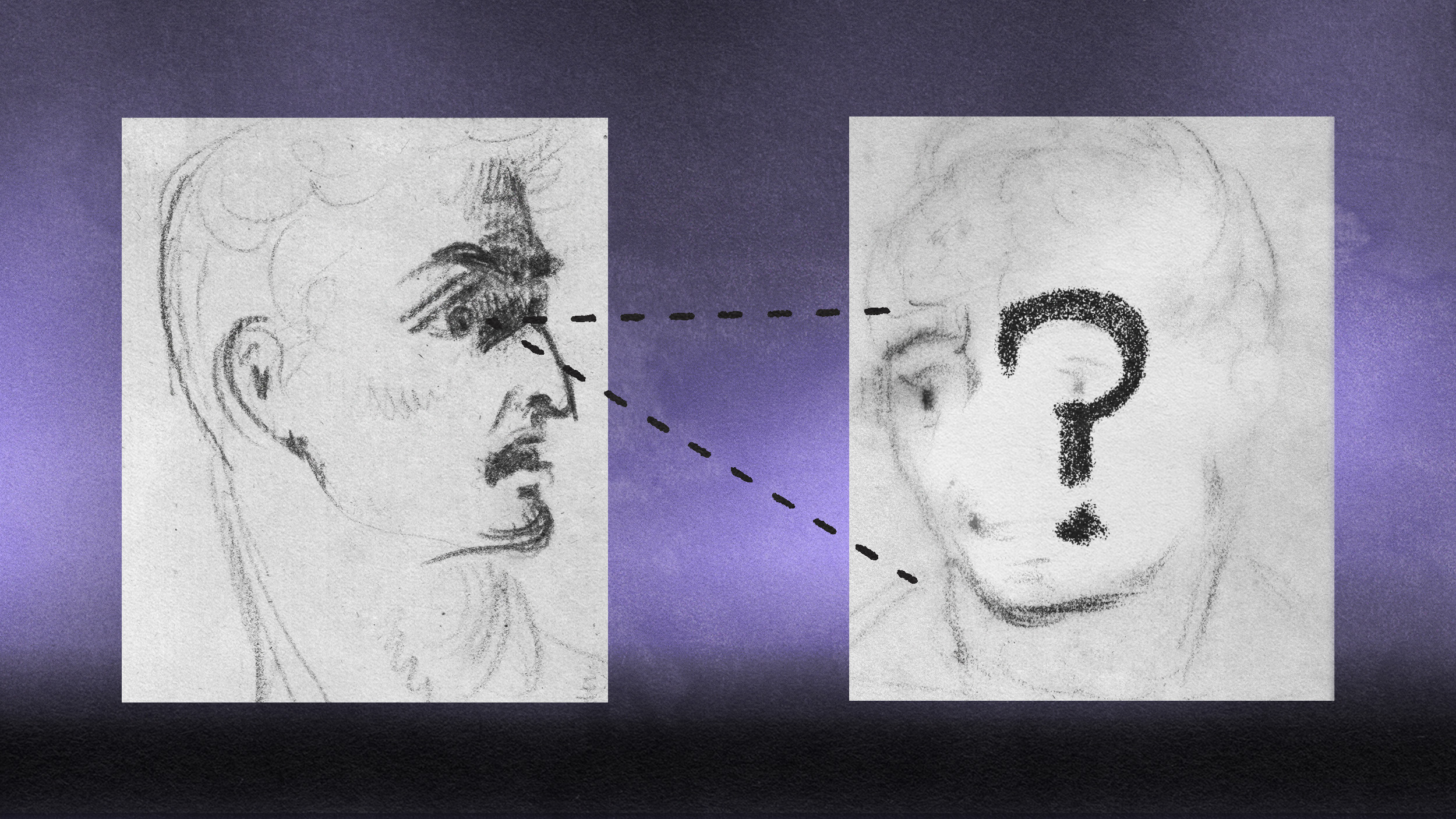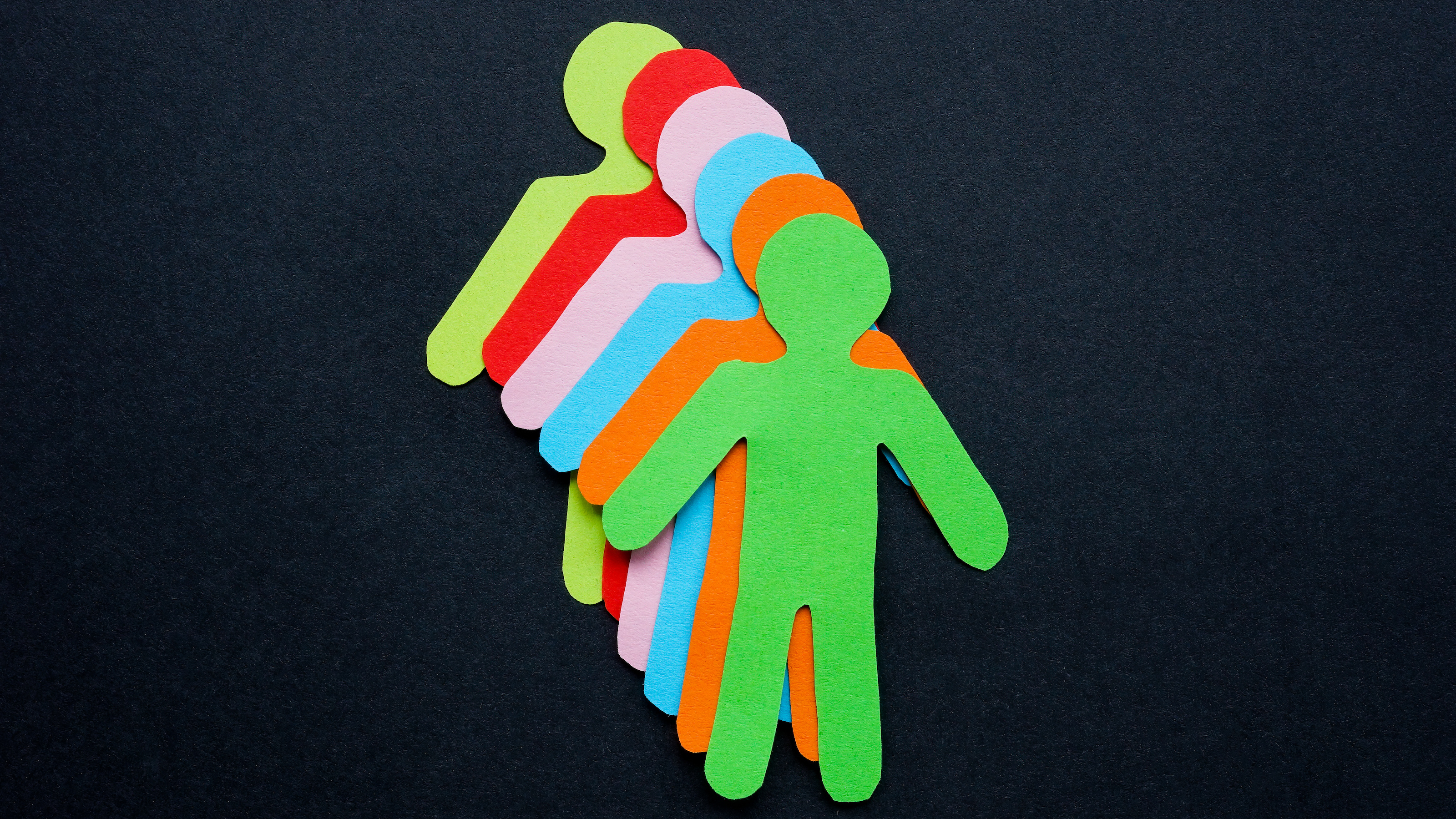emotional intelligence
The psychology of people who cut off all communication—and how that affects their partners.
Women bring new and innovative ways of exercising power to the table, argues Gaia van der Esch. All business teams will benefit.
We have it in our power to forgive a debt — and learning to use this power in the workplace can be golden.
Encouraging thoughtful responses over impulsive reactions can help prevent AI exploitation in decision-making.
Leaders ideally intertwine their own success with that of their teams — if that’s not the case at your workplace, here’s what to do.
Psychotherapist Israa Nasir explains how a “value-aligned life” can help us crush our goals — without being crushed by the need to accomplish more.
Daniel Goleman: Why emotional intelligence may be the number one indicator of organizational success
Today’s technology presents unique challenges for social awareness and relationship management at work, making emotional intelligence all the more critical.
“Amid the chaos, he remembered his life being eerily calm as he knew it wasn’t if, but when they would be hacked to pieces. He just kept kicking.”
Anne Chow, former CEO of AT&T Business, lays out a new approach to inclusive leadership that takes “thinking bigger” to the next level.
Late bloomers often find their moment of transformation when life throws them a curveball.
We spend over a third of our lives at work, yet the global workplace is often not a happy place. The solution may lie with our feelings of attachment.
There’s value to be found in the arguments that make you uncomfortable — especially in a culture that has trained us to avoid them.
Jeremy Johnson — co-founder of the talent network Andela — reflects on leadership in the age of remote work and AI.
After almost a century in print, “How to Win Friends and Influence People” still has lessons to teach us.
We must get happiness right — even when the world around us gets it wrong.
Half a century ago, idealistic punks shook a fist at the status quo — and their legacy is a blueprint for modern leadership.
From flow to emotional intelligence, these insightful books feature actionable advice you can try out today.
Whatever your length of service in the top role, this tool-box will help you conquer adversity — and thrive.
To understand others, you need to see past their fleeting emotions. You must perceive who they are as people.
No matter your company role, the road to a happy and robust team culture can be built on unconditional regard for others.
Taco Thursdays and free yoga have their limits — for lasting workplace happiness leaders need to think about purpose.
DE&I has come under fire — but our leaders should still embed allyship deep within company culture. Here’s a plan.
Too many companies fail to recognize that “the deepest principle in human nature is the craving to be appreciated” — but the solution is easy.
Tough and cutthroat leaders are celebrated in a results-driven culture — but there is another path to C-suite success.
Ditch the old brain vs. heart assumptions, and instead think about a heart-led brain.
Some of the world’s most satisfied societies are poor, small, and remote.
Big Think spoke to the author of “The 5 Love Languages” about the popular relationship theory — and its lack of scientific support.
Emotional intelligence (EI) is much more than a trending C-suite buzz phrase — it’s the anchor attribute of every great leader.
The world’s workplaces are growing lonelier — but the solution requires less than you might expect.
Take it from teamwork gurus behind Apple and Star Wars — a new kind of psychological incubator will allow your creativity to flourish.










